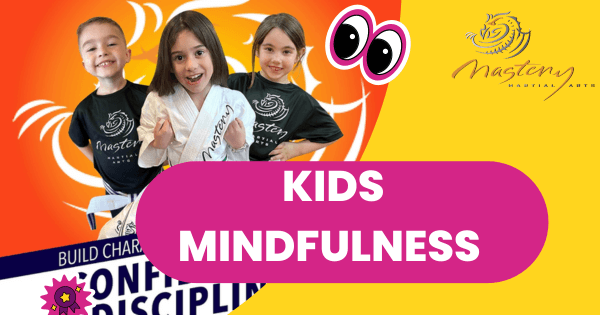Gratitude Practice for Kids: The Path to Grounding, Happiness, and Appreciation
Childhood, often idealized as a time of carefree innocence, is also a crucial period of emotional, cognitive, and social development. Amid the whirlwind of growth and discovery, it’s essential for children to recognize the beauty of life and the importance of being grounded. One powerful way to achieve this is through the practice of gratitude. When children cultivate a sense of appreciation, it not only enriches their present experiences but also lays the foundation for a happier, more fulfilling life.
1. What is Gratitude Practice
Gratitude practice involves recognizing and expressing thankfulness for the positives in life. For children, this can be as simple as acknowledging a friend’s kind gesture or feeling thankful for a sunny day at the park. The idea is to actively search for, recognize, and appreciate the good, even in challenging situations.
2. The Benefits of Gratitude for Kids
a. Enhanced Well-being: Children who practice gratitude tend to feel better about their lives overall. Recognizing and focusing on positives helps balance the inherent human tendency to ruminate on negatives, leading to enhanced emotional well-being.
b. Improved Relationships: Appreciating the kindness and support of others fosters positive social interactions. Children who express gratitude are often more compassionate, helpful, and generous.
c. Greater Resilience: By acknowledging the good, even in adverse situations, kids develop resilience that helps them navigate challenges. They learn that while not everything is within their control, their perspective can shape their experience.
d. Reduced Materialism: Gratitude can help children understand that happiness doesn’t solely come from possessions. They begin to value experiences, relationships, and emotions more than mere material acquisitions.
3. Incorporating Mindfulness of Appreciation
Mindfulness, or being present in the moment, amplifies the effects of gratitude. When children are taught to be mindfully aware, they’re better positioned to notice and appreciate the small moments and gestures that might otherwise go overlooked.
Simple Gratitude Practices for Kids:
1. Gratitude Journal: Encourage your child to jot down or draw three things they’re thankful for every day. It’s a great bedtime routine to reflect on the day’s events.
2. Gratitude Jar: Have a jar where kids can drop in notes of things they’re thankful for. At the end of the week or month, read them together.
3. Thank You Notes: Cultivate the habit of writing thank-you notes. Not just for gifts, but for gestures, time, and kindness.
4. Nature Walks: Spend time in nature and discuss the beauty around you. Encourage your child to appreciate the simple wonders like the sound of rustling leaves or the feel of grass underfoot.
5. Mindful Eating: During meals, talk about the journey of food – from the farm to the table. It instills an appreciation for the effort that goes into every bite.
6. Family Gratitude Circle: Dedicate a time when the family sits in a circle and shares things they are grateful for. This fosters mutual appreciation.
Conclusion
Gratitude isn’t just a practice; it’s a way of life. By introducing gratitude and mindfulness to kids at an early age, we pave the way for them to lead more fulfilled, grounded, and happy lives. It allows them to understand that the beauty of life isn’t just in the grand events, but in the everyday moments and in the people who make their world brighter
About Mastery Martial Arts
“At Mastery Martial Arts, we believe in more than just honing physical skills; we’re forging the foundation for a lifetime of values. Our program is not simply about kicks and punches, but about instilling respect, discipline, and gratitude into each student. To us, every child that steps onto our mat becomes a part of our extended family, and we are committed to nurturing their growth both as skilled martial artists and as compassionate human beings. When parents choose Mastery, they’re not just enrolling their child in a class—they’re joining a community where family values take center stage. Welcome to the Mastery Martial Arts family, where every kick is paired with character and every punch with purpose.”
